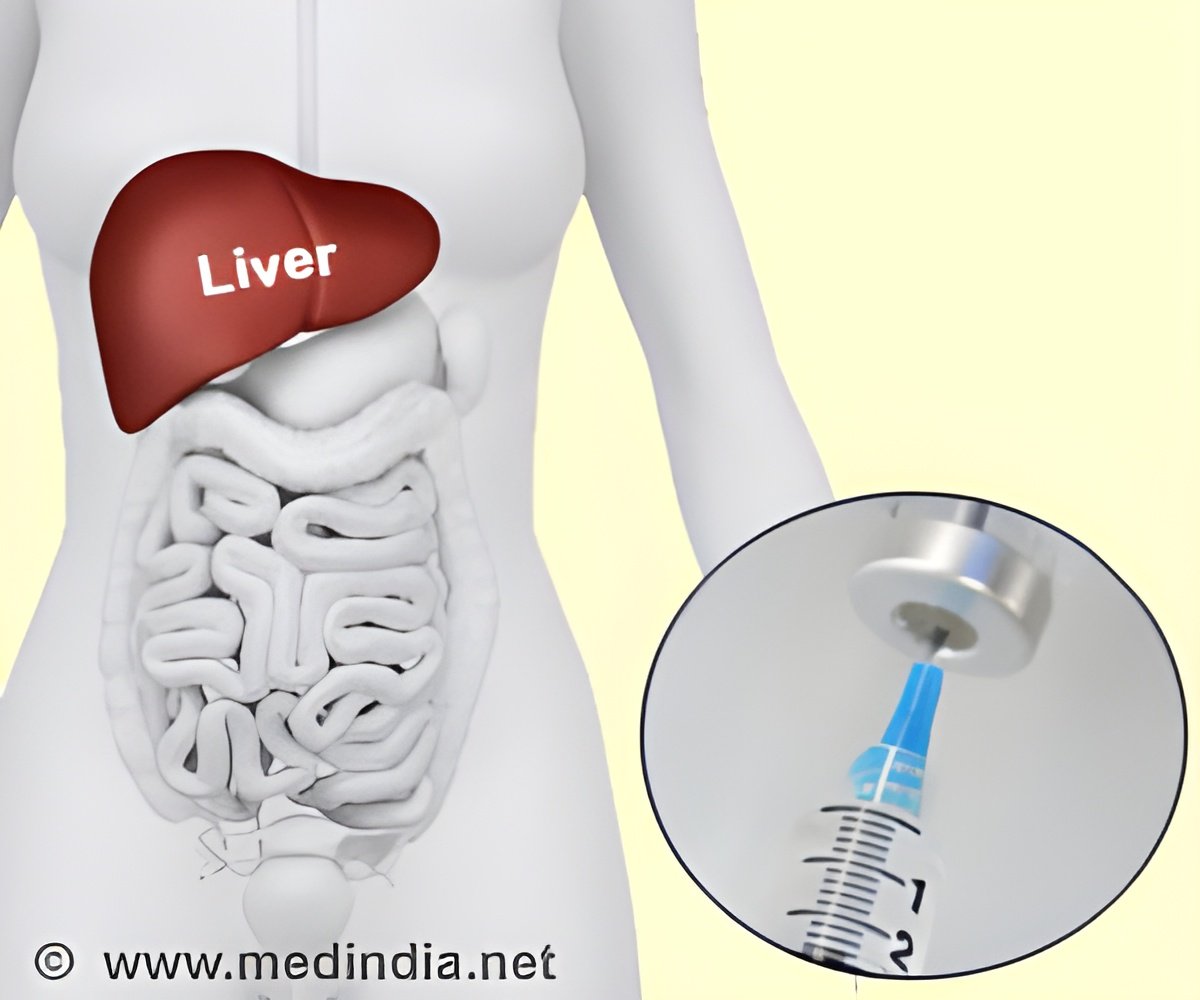New hepatitis C drugs that arrived in Europe are better but pricier, and has raised pressure on Spanish leaders over health spending cuts. But sufferers say it deprives them of life-saving treatments.

Discussions over the new treatments have also erupted in the United States and France as the hopes raised by more effective treatments clash with public health budget restrictions.
"We will not tolerate one more death," yelled demonstrators in Madrid on January 10.
The group that organised the protest, the Platform for Hepatitis C Sufferers, says 12 people die each day from hepatitis C in Spain.
Antonio Bernal, leader of a national federation of patients with liver conditions, estimated up to 900,000 people in Spain carry the virus, which can go for years without being detected.
Spanish authorities, meanwhile, say that 50,000 people in Spain are diagnosed as having developed full-blown hepatitis C.
Advertisement
Campaigners say new-generation drugs such as Sofosbuvir are nearly twice as effective as older medications.
Advertisement
"These treatments are very expensive, but the money spent on them is much less than what they spent on bailing out the Spanish banks -- 41 billion euros" -- said one demonstrator, Miguel Angel Fernandez, 48.
Impact of spending cuts -
Dozens of people infected with the virus have been occupying the October 12 Hospital in southern Madrid for more than three weeks demanding the government authorize doctors to prescribe the new drugs more widely.
The protesters blame the lack of the treatment on tough public spending cuts in health and other sectors in the recent economic crisis.
Spain's conservative government said the cuts were necessary to stabilize the public finances.
Spain's overall national health spending declined from 70 billion euros in 2009 to about 53 billion euros in 2014, according to government figures.
Politicians have piled in to the row, including the left-wing party Podemos, which has surged to the top of the opinion polls less than a year ahead of a general election.
Podemos's leader Pablo Iglesias has suggested expropriating the patents to the medicines in the interests of public health.
The leader of the mainstream opposition Socialist party, Pedro Sanchez, called for measures to get the drugs to all who need them.
Under political pressure, Prime Minister Mariano Rajoy has promised "not one Spanish citizen to whom a doctor prescribes a medication will be deprived of it".
His government on Monday launched a new committee to assess the extent of the illness and clinical criteria, saying it aimed to "include newly authorized drugs" in treatment plans.
But it did not specify whether it would widen access to the latest generation of drugs to more patients as campaigners demand.
- Price of a cure -
There is currently no vaccine for hepatitis C, which is caused by a virus that can be caught from contaminated blood and can lead to chronic liver disease.
The World Health Organisation says 185 million people are infected with it worldwide.
The new generation of treatments such as the Sovaldi brand, produced by the US laboratory Gilead, are effective in 90 percent of cases.
Bernal said each country negotiates the price of the drugs individually with the laboratories.
Gilead representatives in Spain declined to comment to AFP.
One demonstrator in Madrid, Carmen Paniagua, 49, whose husband has the illness, said he could suffer liver failure at any time.
"It's a problem of money, the laboratories and politics." she said. "We who live with the disease are the ones who pay the price in the end, so that others can get rich."
Source-AFP















